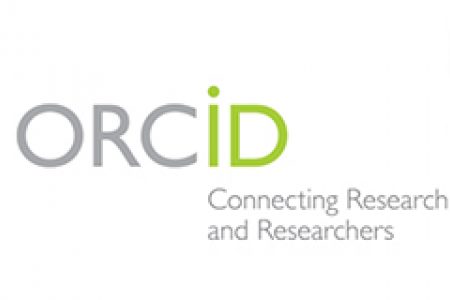PIDapalooza 2016: Persistent Identifiers Party Hard
Early November 2016, I was privileged to give a presentation about the ORCID implementation at Leiden University at the first ever PIDapalooza Festival, a conference for people interested in persistent identifiers and their use, uses, and future.
Early November 2016, Reykjavik was the setting of the first ever PIDapalooza Festival, a conference for people interested in persistent identifiers and their use, uses, and future. At this gathering of about 120 people -- ranging from programmers, PID providers, researchers, publishers, funders, to librarians -- I was privileged to give a presentation about the ORCID implementation at Leiden University. I went to present in place of my colleague Peter Verhaar who was meant to go, but couldn't make it due to other commitments--he received the Victorine van Schaik award for his dissertation and the ceremony was on the same day as the presentation.
Open, fun, and informative
PIDapalooza was a fascinating conference with an extremely welcoming community, interesting breakouts sessions, and great keynotes. By the end of the second day my head was crammed full of new information and new possibilities. You can find a wonderful summary of the festival at The Scholarly Kitchen. My main takeaway from the proceedings was a renewed awareness of the importance of persistent identifiers such as DOIs and ORCID in this age of connection and a proper appreciation of the immense possibilities when all things are identified. As Jonathan Clarke pointed out in his keynote, the Internet of Things is more than a talking refrigerator or a coffee machine you can activate by sending a text. It's also being able to look up the provenance of baby formula or whether you can safely save the pilot of a crashed small airplane when there is a risk of being blown up by an ejector seat system.
Leiden's ORCID implementation
The topic of my talk was Leiden University's ORCID implementation project. I explained why we are implementing it via a university-wide project and what we hope to do with it beyond implementation. The Netherlands has had a national author identifier since 2005, the Digital Author Identifier (DAI). In 2014, SURF started thinking about the DAI's future, since it was a national identifier and research is an international endeavour. This process resulted in a report that advised a move away from the DAI to a hybrid situation where we would use the International Standard Name Identifier (ISNI) and the ORCID. This led to a pilot project for national implementation in which five universities would take part, Leiden University being one of them.
For us at Leiden University Libraries that has meant we've needed to integrate ORCID in LUCRIS, the system in which our researchers record their research output. We need to develop support materials to help our researchers with ORCID where necessary. The technical implementation of ORCID has been completed, but now we need to turn our efforts to the practical side, i.e. getting all of our academic staff to either create an ORCID or add their pre-existing ORCID to their LUCRIS profile. After we've accomplished this part of the project and ORCID is here, we have several further things we want to achieve with the options ORCID offers us, such as adding ORCID to the staff profiles, the catalogue and repository, and more technical things such a visualisations of the various connections between researchers, data sets and publications.
We'll be starting our official launch of ORCID at Leiden early 2017 so please keep an eye out for more information on that topic after the New Year here at The Connected Leiden Researcher, on our library website, and the university website.
If you want to learn more details about Leiden's road to ORCID implementation, please check out the slides for my presentation below.





